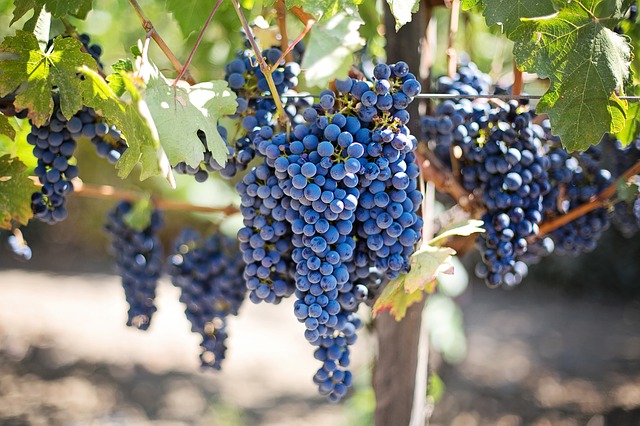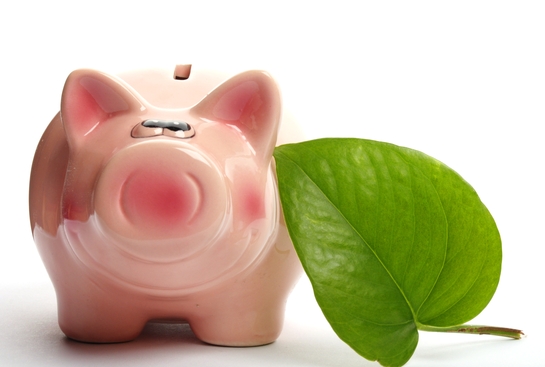Do you actually know what was in your last glass of wine?
Wouldn’t you prefer to drink wine that is not just delicious, but also free from nasty preservatives, artificial pesticides and flavour additives?
It could have been such an easy answer, but there are a few issues. The majority of us shop at big supermarket chains, yet they prefer not to stock many organic wines as they are made in tiny quantities by small artisan producers. Imagine just one bottle of that juicy organic Tempranillo and that’s it for the whole national chain? On top of that, not all organic wines are made to the same standard, so proper tasting is essential. Afterall, you don’t want to buy a bottle of certified organic wine and have to compromise on taste.
The founders of Organic Wine Club were in just this predicament a few years back, and this was why they decided to embark on their journey to find the best tasting, natural and organic wines. To eliminate any subjectivity and personal flavour preferences, they work with their own, highly educated, wine club expert. He has managed to taste over 3000 varieties of organic wine within a year and narrow the selection down to just 150 of the best bottles from around the world. Hard work – but someone has to do it, right?
1. Why organic wine may be important for you
Grapes can accumulate more herbicides and harmful pesticides than many other fruits, so conventional wines are not pure, they also come packed with harmful toxins. This is something that many people are not aware of when they are sipping what they believe to be fine wines.
Organic farming ensures that no harmful herbicides, pesticides, fungicides or chemical fertilisers are permitted to be used while the grapes are growing. Furthermore, artificial and synthetic preservatives are not used, and no colours or other agents are added to alter the flavour.
Common sense and science tell us that less harmful substances will mean the wine is much better for you.
2. Why organic wines are great for our planet
Organic viticulture are also better for the environment. Converting to a certified organic vineyard is a long process, and takes over 3 years, but it is worth it as intense pesticide spraying causes unlimited damage to the soil. Some farmers even say it is impossible to grow even the hardiest of veg after several years of intense chemical fertilisation. In order for the soil to become fertile again, it will need to ‘rest’ for many years. This is so alarming, but yet these practices continue.
Some papers were arguing that organic farming is not efficient enough and we all need food, but we may end up with a much greater problem soon if we continue that way.
3. About scientifically proven health benefits
There are numerous health benefits offered by switching to organic wines; there are more antioxidants contained within them and they are richer in nutrients than conventional wines are*.
Wines without added sulphites are better for you too. They are natural wines made without preservatives and artificial flavour adjustments such as sweetening. For those suffering from wine allergies, this can be the perfect solution; or if you just want to take better care of yourself and your liver, these wines will work for you too.
*Organic wine benefits from the Department of Human Nutrition at University of Southampton, University of California at Davis, University of Rome’s Clinical Nutrition and University of Newcastle.
4. Are organic wines way more expensive?
We all have our own budgets, as well as views on what is good value for money and what’s not and how much we are prepared to spend on an everyday bottle of wine or one for a special occasion.
There is one thing that should be considered when buying organic wine. It is made without the usual safety net of artificial fertilisers, pesticides or herbicides, so if a particular year turns out to be a disaster, winegrowers cannot spray their vineyards to quickly rectify some issues. They might have their whole vintage ruined. They therefore budget for these things. The cost of the wines therefore include that little bit of a margin for this contingency plan, hence in average they will cost a fraction more. Yet this fraction will not put them into an expensive wine bracket. At Organic Wine Club, the ranges start at less than £8. The so called sweet spot is normally around £12-14, which is an average price for a regular wine merchant too. You can get some good wine offers, and to get even more value for money, join the club for a further 10% off member discount. This will make your organic wine shopping more exciting and cost-effective too!
We are very pleased to announce that Organic Wine Club have provided us with our very own exclusive 10% off voucher code to be used on your first case of wine. Simply add code LMV10 at the checkout to save!



